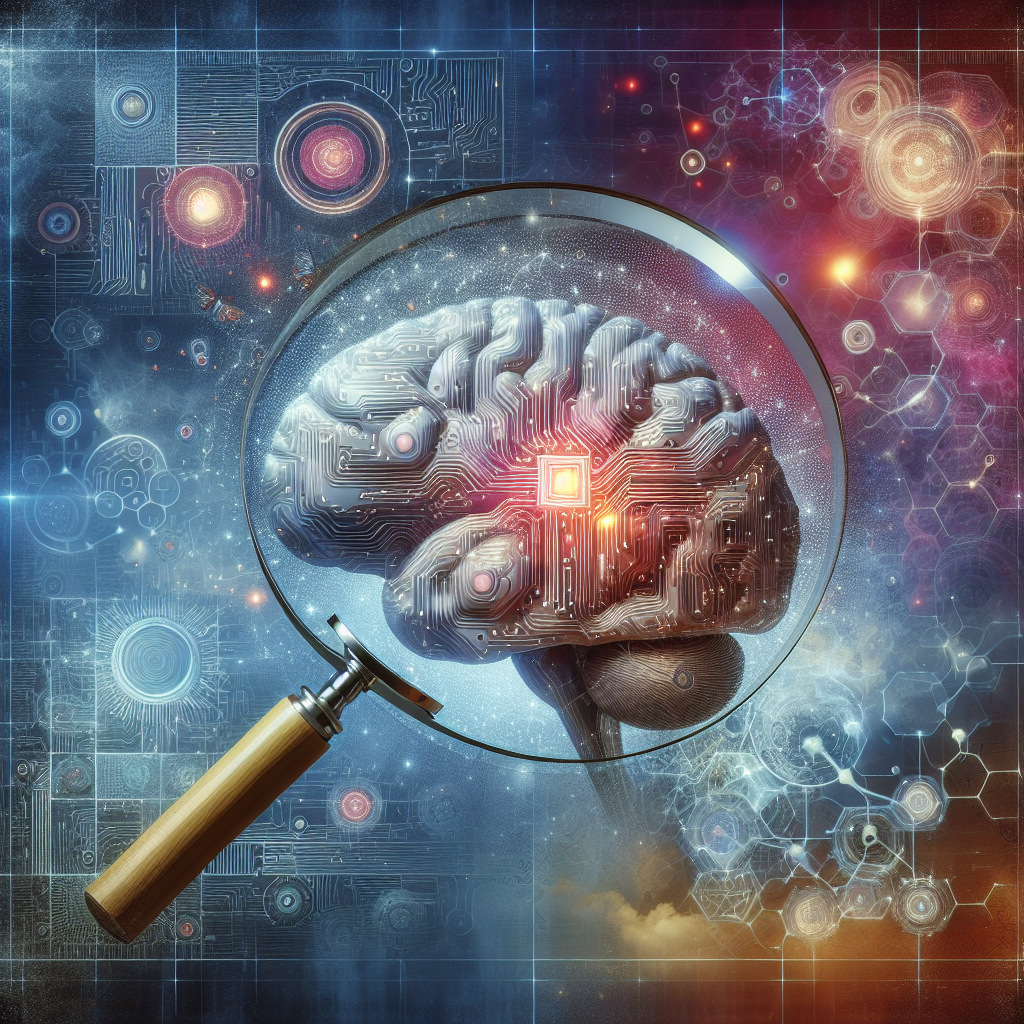Demystifying AGI: Separating Fact from Fiction in the World of Artificial Intelligence
Artificial General Intelligence (AGI) is a concept that has captured the imagination of scientists, engineers, and the general public alike. Often portrayed in movies and books as a sentient being with human-like cognitive abilities, AGI represents the ultimate goal of artificial intelligence research. But amidst the hype and speculation surrounding AGI, it can be difficult to separate fact from fiction. In this article, we will delve into the world of AGI, exploring what it is, how far we have come in achieving it, and what the future may hold.
What is AGI?
AGI refers to a hypothetical form of artificial intelligence that possesses the ability to understand, learn, and apply knowledge in a manner similar to human beings. Unlike narrow AI systems, which are designed to perform specific tasks, such as playing chess or recognizing speech, AGI is intended to exhibit a broad range of cognitive abilities and adapt to new situations without human intervention.
The concept of AGI has its roots in the early days of AI research, dating back to the 1950s. At that time, researchers believed that it would be possible to create a single, unified system that could perform any intellectual task that a human could. However, progress in this area has been slow, with most AI systems today still operating within narrow domains of expertise.
How Far Have We Come in Achieving AGI?
Despite the challenges involved in creating AGI, significant progress has been made in recent years. Advances in machine learning, neural networks, and computational power have enabled AI systems to perform complex tasks that were once thought to be the exclusive domain of human intelligence.
For example, AI systems can now translate languages, recognize faces, drive cars, and even play strategic games like Go at a superhuman level. These achievements represent major milestones in AI research and demonstrate the potential of artificial intelligence to emulate human cognitive abilities.
However, it is important to note that while AI systems have made significant progress in specific domains, they still lack the general intelligence and flexibility of human beings. AGI remains a distant goal, with many technical, ethical, and societal challenges yet to be overcome.
Separating Fact from Fiction
In the popular imagination, AGI is often portrayed as a superintelligent entity that is capable of outperforming humans in every intellectual pursuit. While this vision of AGI makes for compelling storytelling, it does not accurately reflect the current state of AI research.
One common misconception about AGI is that it will inevitably lead to the rise of superintelligent machines that surpass human intelligence and pose a threat to humanity. This fear, popularized by movies like “The Terminator” and “The Matrix,” has fueled public anxiety about the potential dangers of AGI.
In reality, the development of AGI is a complex and uncertain process that is far from guaranteed to result in superintelligent machines. While it is important to consider the ethical implications of AI research, it is also important to separate fact from fiction and base our understanding of AGI on scientific evidence rather than speculative fiction.
FAQs
Q: Will AGI lead to the singularity, where machines surpass human intelligence and take control of the world?
A: The concept of the singularity is a controversial and speculative idea that has been popularized by futurists and science fiction writers. While it is theoretically possible that AGI could lead to a rapid acceleration of technological progress, there is no scientific consensus on whether the singularity will actually occur.
Q: How close are we to achieving AGI?
A: While significant progress has been made in AI research, AGI remains a distant goal that is likely decades away. Creating a system that can match the general intelligence and flexibility of human beings is a complex and challenging task that will require further advances in machine learning, neuroscience, and cognitive science.
Q: What are the ethical implications of AGI?
A: The development of AGI raises a host of ethical questions, including concerns about job displacement, privacy, bias, and the potential misuse of AI systems. It is important for researchers, policymakers, and the public to consider these issues and work together to ensure that AI technologies are developed and deployed in a responsible and ethical manner.
In conclusion, AGI represents a tantalizing vision of the future, where machines possess human-like cognitive abilities and usher in a new era of technological innovation. While the road to AGI is fraught with challenges and uncertainties, it is important to separate fact from fiction and approach the development of artificial intelligence with a clear-eyed understanding of its capabilities and limitations. By demystifying AGI and engaging in informed conversations about its potential impact on society, we can work towards a future where AI technologies benefit humanity as a whole.

